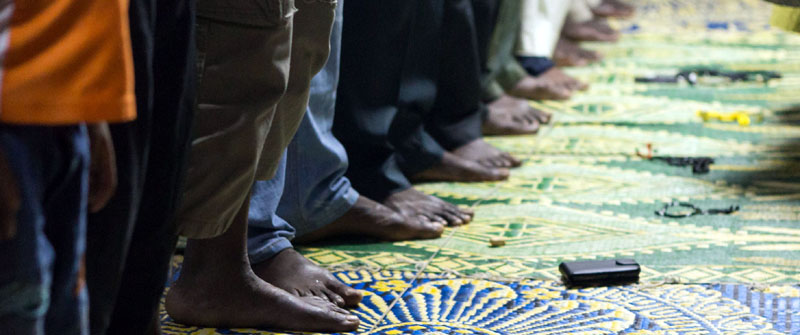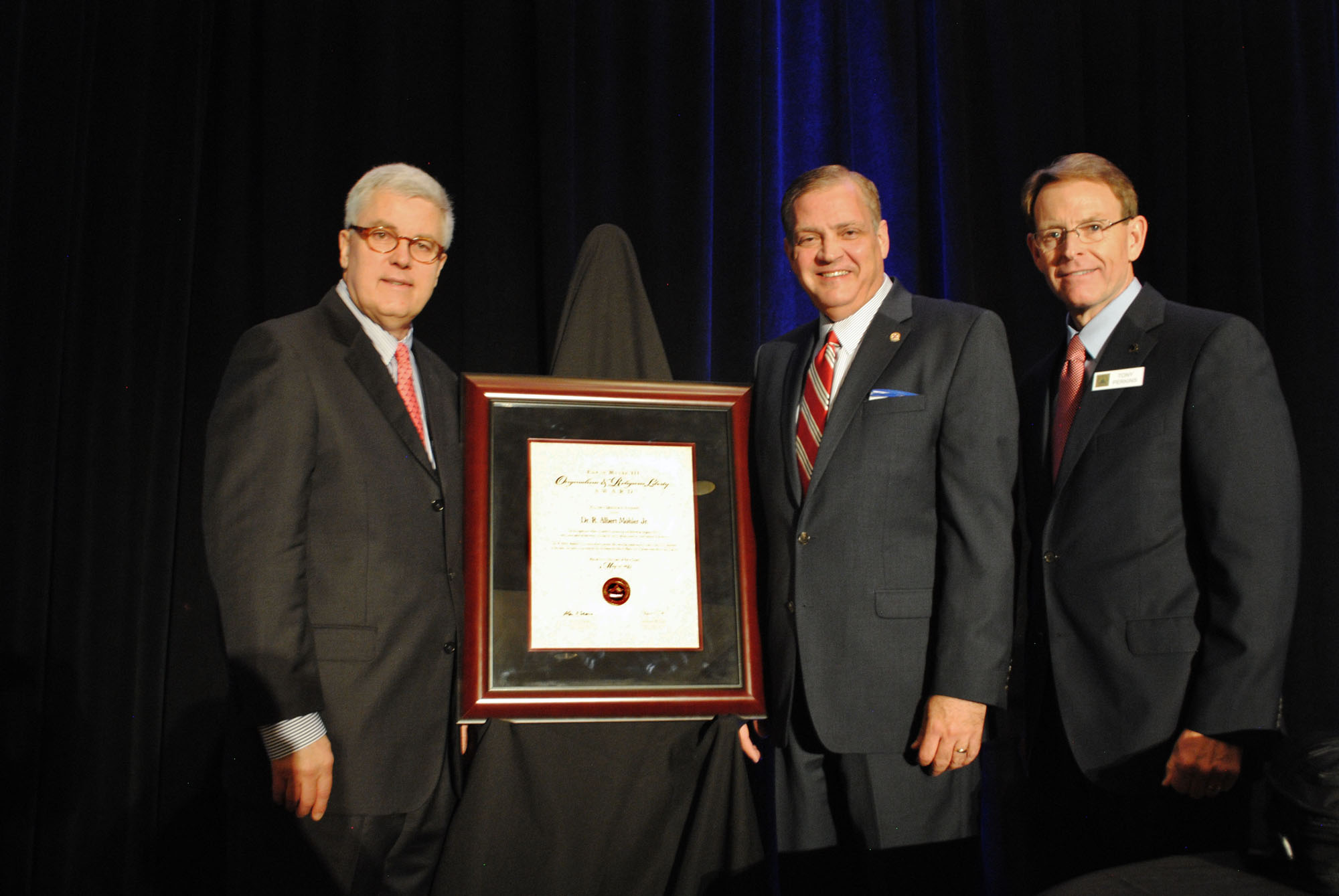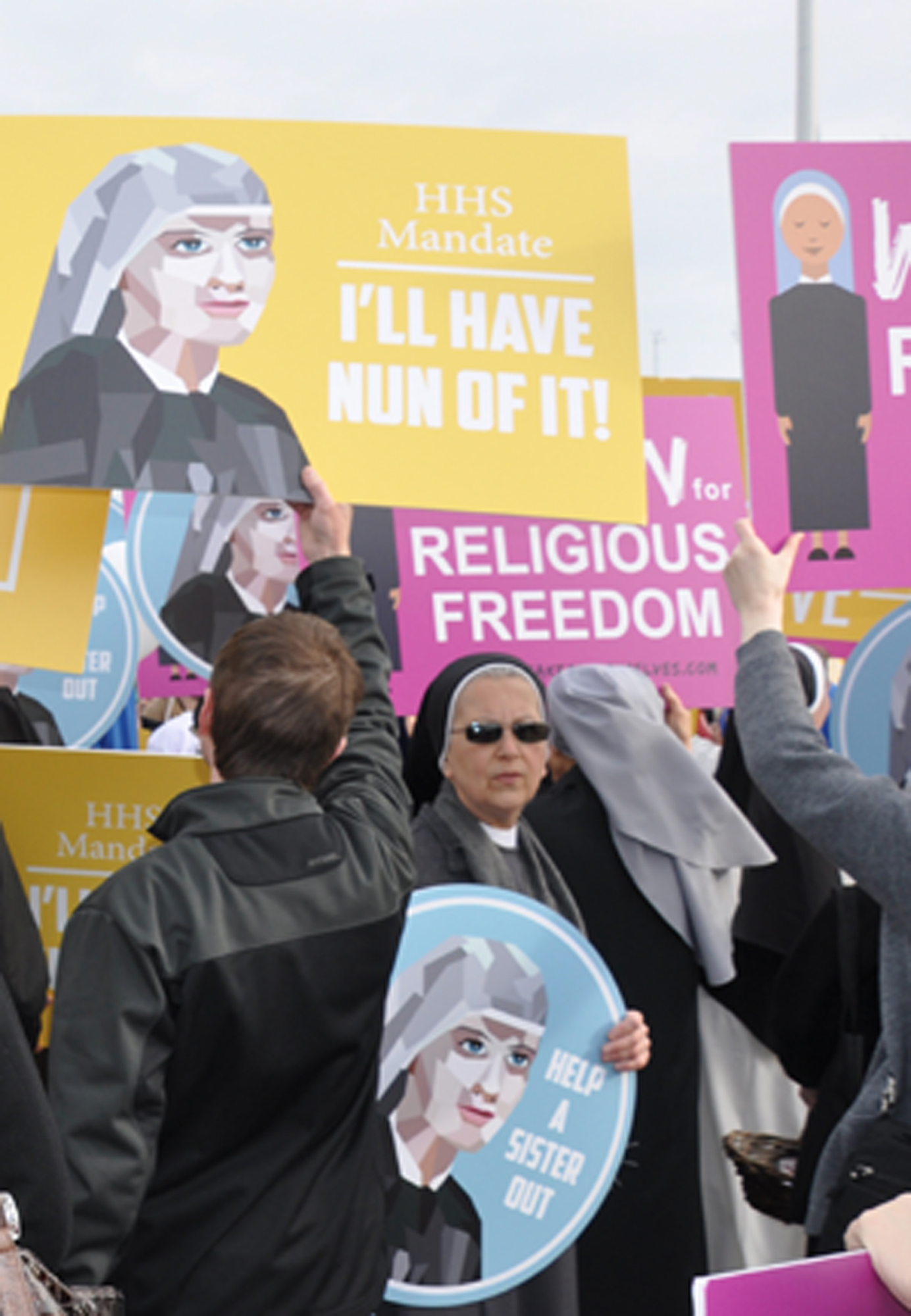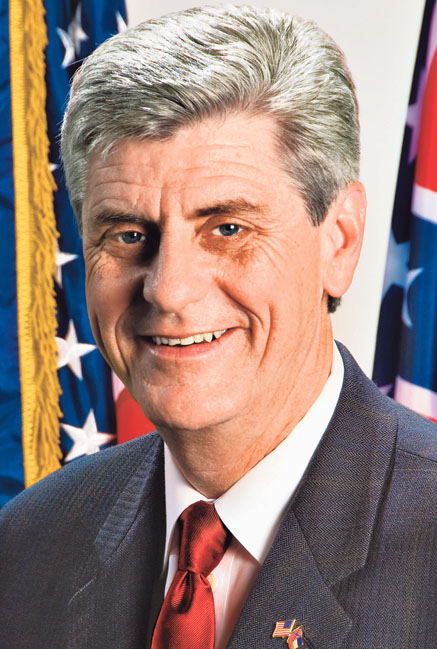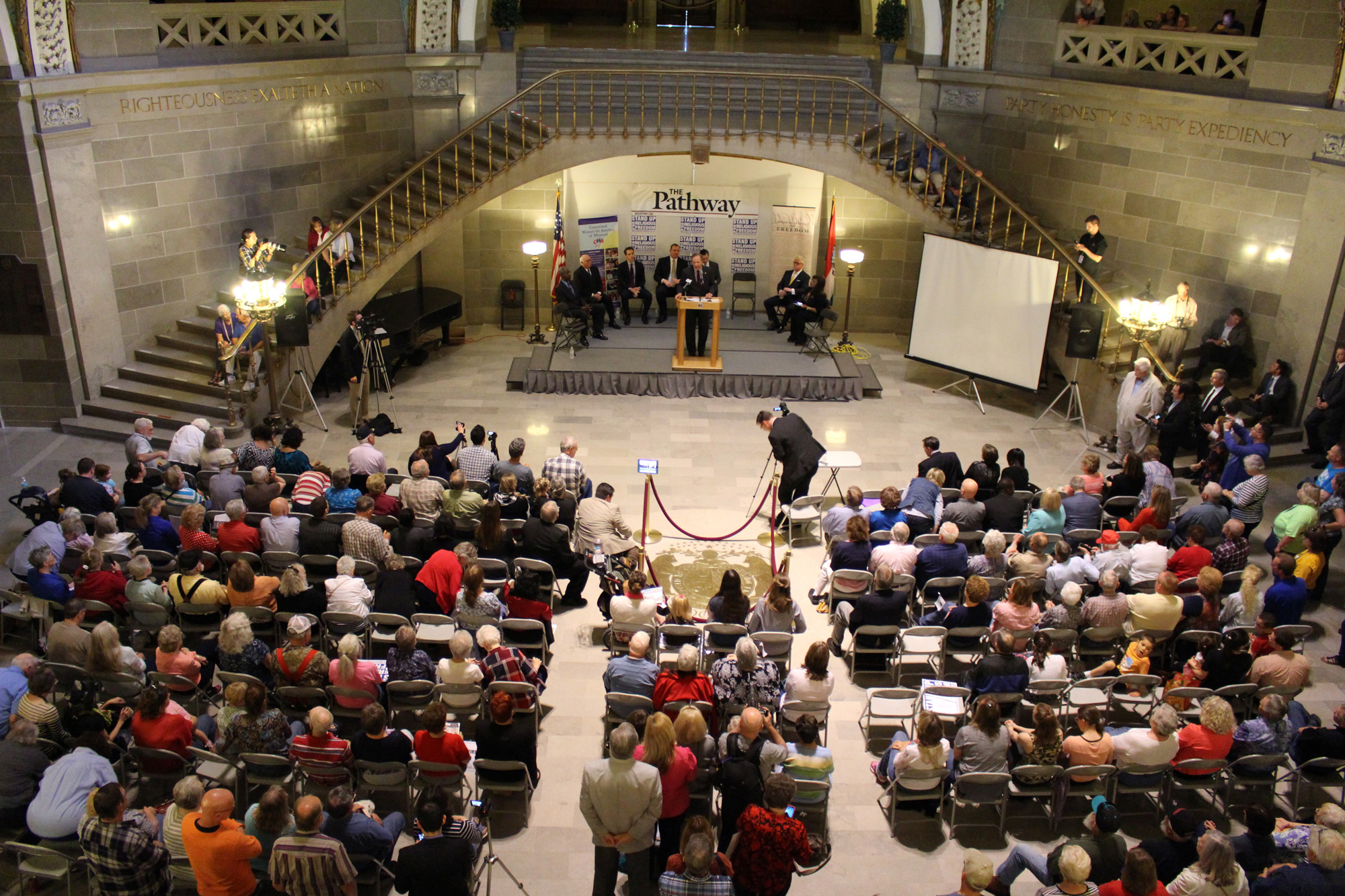 [1]
[1]NASHVILLE (BP) – For distributing the Bible and sharing the Gospel in the Soviet Union, Aleksei Kharlamov’s great-grandfather was sent to Siberia and never heard from again. His grandfather and father both were persecuted for being Baptist pastors. Growing up in post-Soviet Moscow, Kharlamov was called a cult member for being a Baptist.
That family history enhances his love of America’s religious liberty. “This freedom makes this place so unique,” said Kharlamov, pastor of Russian-speaking Spring Church in Bay Area Moraga, Calif.
Since arriving in the U.S. 10 years ago, Kharlamov has gained special love for America’s liberty and its resources to send missionaries to every nation on earth. “You cannot do it in Germany,” he said. “You cannot do it in Australia or China. But you can do it here in America.”
As Americans observe Independence Day, the nation’s religious freedom draws robust celebration by Baptists, like Kharlamov, who have immigrated from nations lacking that liberty and now participate in the SBC’s ethnic fellowships. Kharlamov participates in an emerging network [2] of Slavic Southern Baptists.
Religious liberty is a hallmark of Baptists in America. In 1802, the Danbury Baptist Association of Connecticut urged then-President Thomas Jefferson to enshrine religious liberty in the Constitution. More than a century later, Southern Baptist statesman George W. Truett said in an address [3] on the U.S. Capitol Building Steps that Americans “got the seed [of religious liberty] in our Baptist garden.”
The SBC’s confession of faith, The Baptist Faith and Message, states in Article 17 [4], “A free church in a free state is the Christian ideal, and this implies the right of free and unhindered access to God on the part of all men, and the right to form and propagate opinions in the sphere of religion without interference by the civil power.”
But some may wonder whether religious liberty is truly essential. Does it catalyze the expansion of God’s Kingdom?
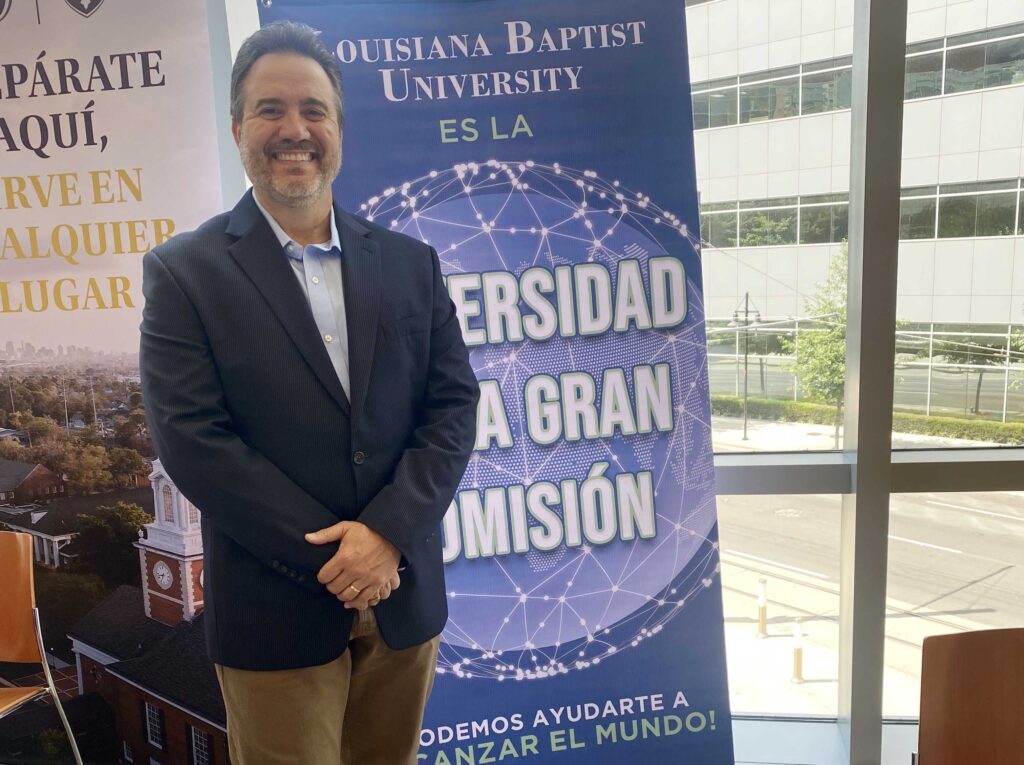
Absolutely, say Baptists who have not always enjoyed religious freedom. Misael Rodriguez’s grandfather was jailed and tortured in 1965 for preaching the Gospel in Cuba. In prison, he and other pastors led people to faith in Christ and wrote the entire New Testament from memory on the inside of cigarette cases.
Before coming to the U.S. in 2012, Rodgriguez himself pastored three churches in Cuba. Prior to his arrival, these congregations were temporarily shut down and lost all their furniture. During Rodriguez’s pastorate, they were denied permits for construction of remodeling.
“No government official can detain the work of God – no one,” said Rodriguez, dean of the Spanish-language program at Louisiana Baptist University. Still, religious liberty “is very advantageous for the spread of the Gospel.”
“The churches can build schools to teach not only secular subjects, but also the Word of God,” said Rodriguez, who participates in the National Hispanic Baptist Network. “Another benefit the churches have here is access to the radio, television and newspapers. They can also publish books and use social media to share the Gospel without fear of official persecution by the government.”
For Vietnamese pastor Chuyen Tran, religious liberty led to salvation. Growing up in Vietnam, he practiced ancestor worship under a communist regime whose attitude toward Christianity varied from “outright persecution to subtle interference by limiting the activities, harassing the pastors, threatening the church leaders or persuading the new believers to abandon their faith.”
Life changed when Tran fled Vietnam as a refugee.
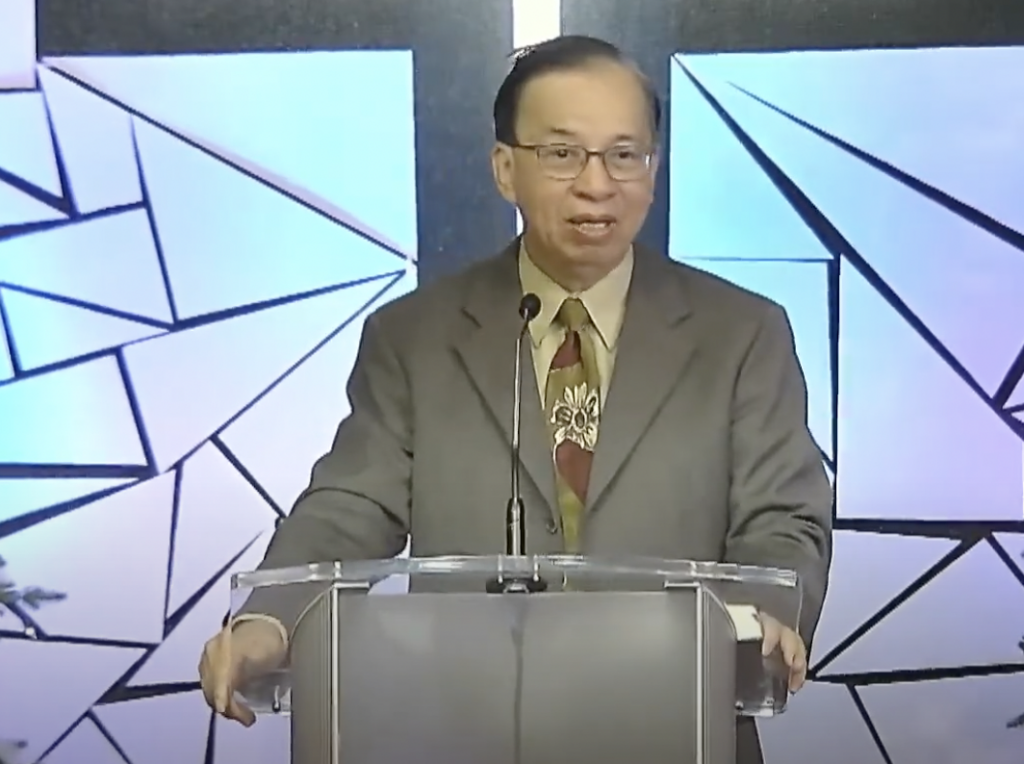
“When I was in a refugee camp in the Philippines, a Southern Baptist missionary named Doug Kellum witnessed to me and many friends,” he said. “We accepted Christ and were baptized in a creek in that refugee camp before our refugee resettlement in the U.S.”
Tran used his newfound religious liberty well, calling it “the best blessing we have here in America.” He pastored a Vietnamese Baptist church in Plano, Texas, for 20 years before becoming president of the Vietnamese Baptist Theological Seminary in Dallas. Currently, he is executive pastor of Redeemer Baptist Church in Plano and an active participant in the Vietnamese Baptist Union of North America.
Thanks to religious liberty, Tran said, “Vietnamese churches were started in more than 35 states with more than 170 churches and more than 230 pastors. Many of us only became Christians after we came to America, and we are very grateful to God and to the American people for giving us this freedom and opportunity.”
Of course, religious liberty can be abused, Rodriguez said. He watched American congregations falter when church became merely “a place for a controlled and decent social life” – a situation unheard of in totalitarian nations. But believers around the world would love even “a little more liberty” to publish the Gospel.
“If liberty increased a little bit,” he said, Christians in other nations “could be missionaries to the nations, which right now is practically impossible” for many.
As Kharlamov put it, “That’s what I love about this country: the great mission to help people, equip people and send them back to places to spread the Gospel.”

